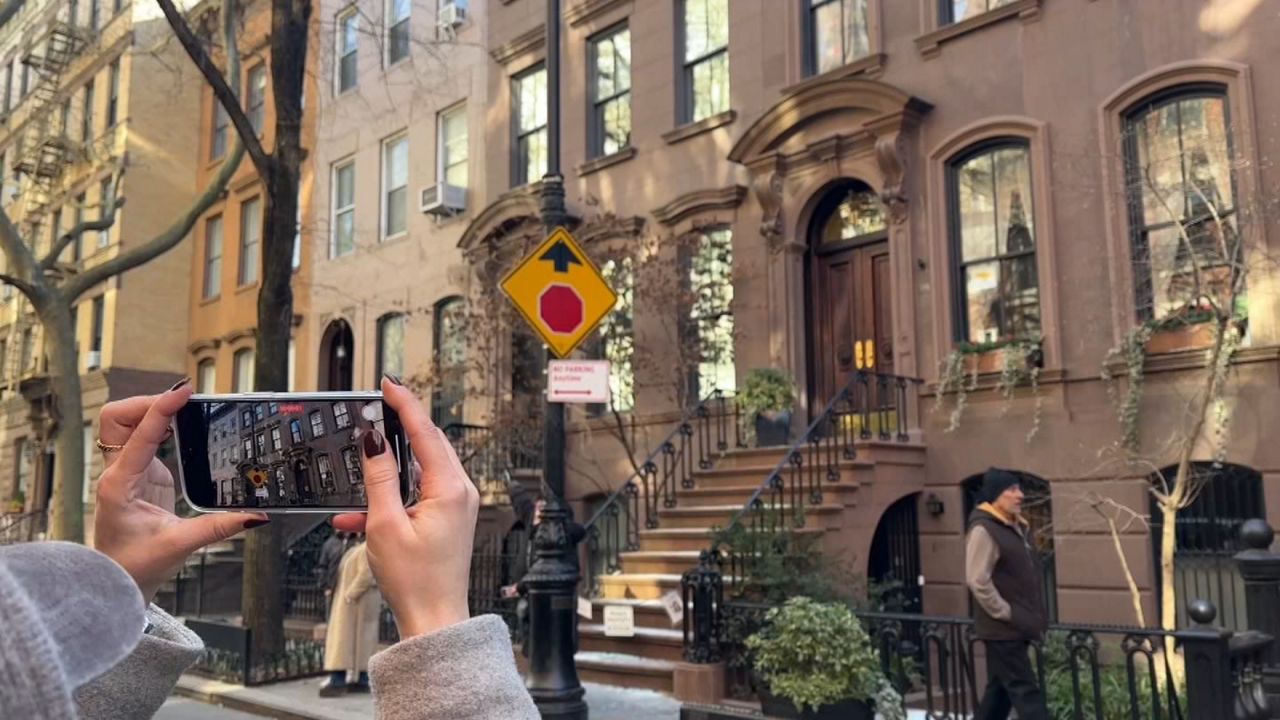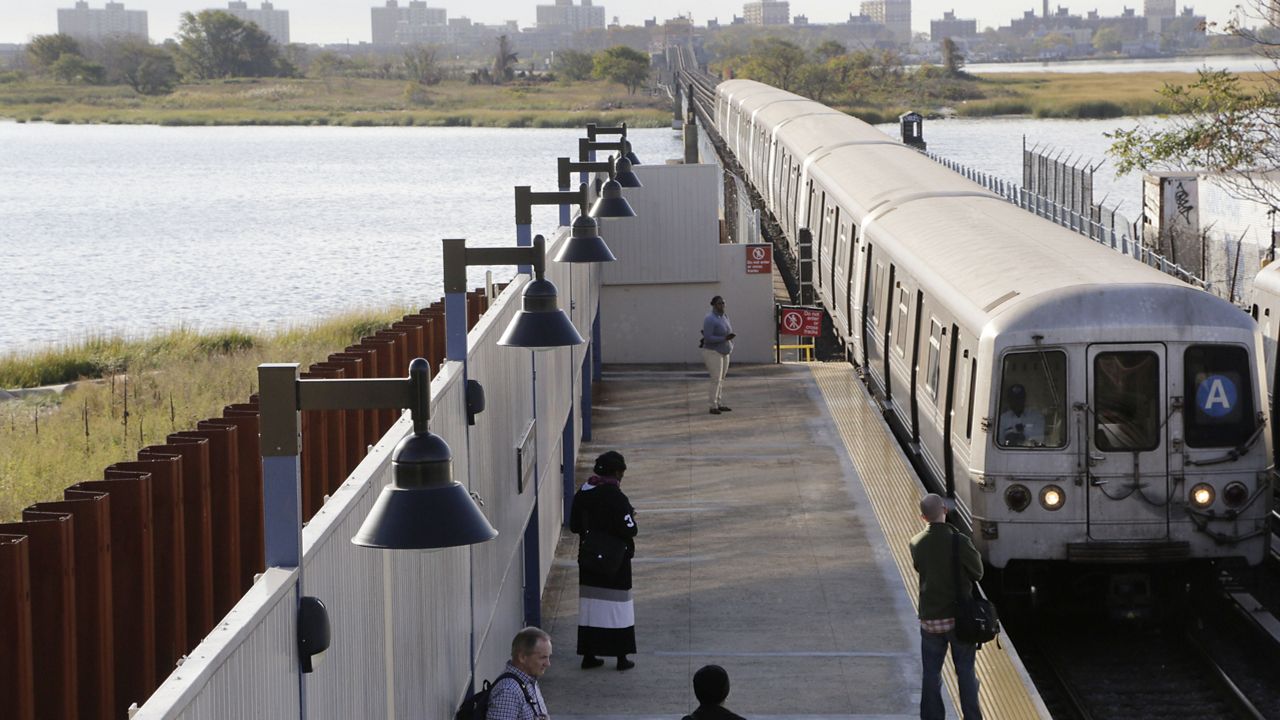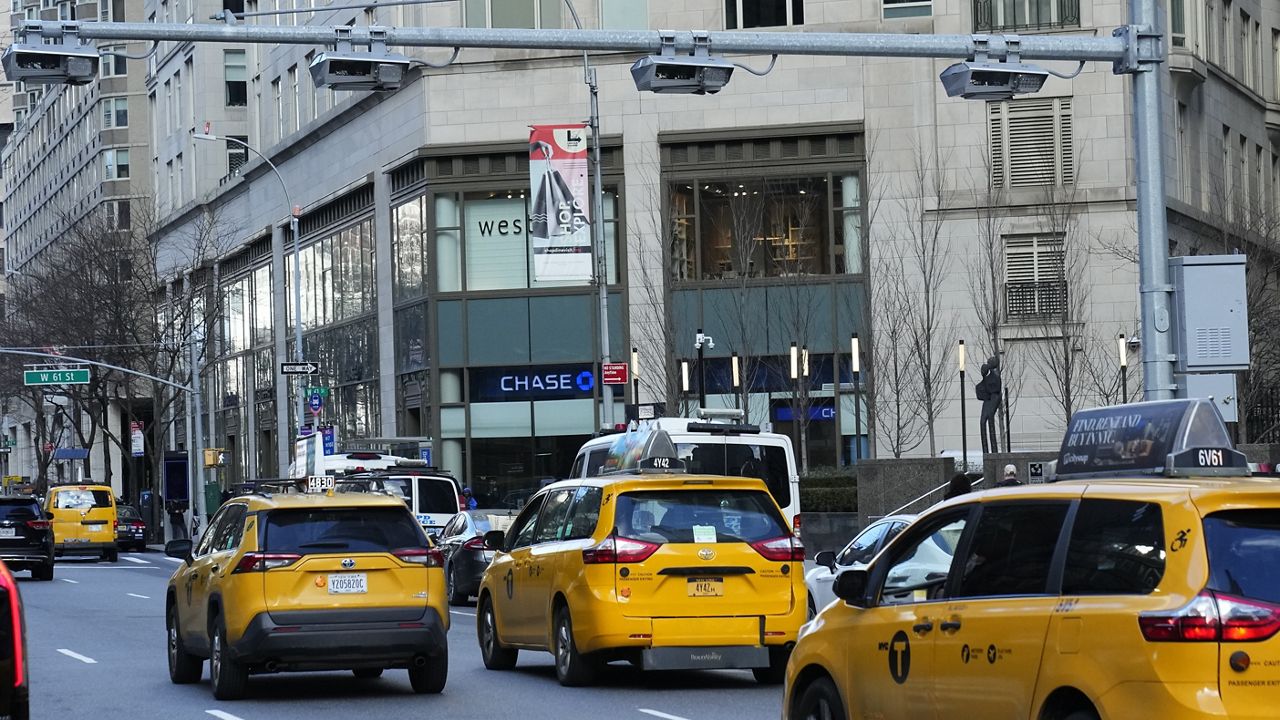Most of New York City’s one million rent-stabilized households paid more than a third of their income on housing last year, according to a new report from the Rent Guidelines Board.
The analysis, released Thursday, comes a few weeks before the housing panel weighs in on potential rent hikes on rent-stabilized apartments across the five boroughs.
The report looked at stagnant wages, employment, and inflation data, and also examined cost increases for landlords.
Rich Bengloff has lived in a rent-stabilized apartment in Stuyvesant Town all his life. In his 69th year at the complex, he pays $2,000 for his two-bed, two bathroom apartment — and he doesn’t plan on leaving anytime soon.
“As a tenant, you want to pay as low as possible, but I understand for the landlord to maintain it like the landlord does here, it’s gotta be taken care of,” Bengloff said.
Now, the Rent Guidelines Board will once again determine the maximum allowable rent increases on one- and two-year leases starting in October for rent-stabilized buildings.
Bengloff says it will be a balancing act for the board to meet the needs of both tenants and landlords.
“I have great empathy for people who are living on the fringe,” Bengloff said. “We have a city with a lot of people who have housing issues and I understand we have to come up with a housing system that is fairer to them.”
The board’s research shows how hard the last year has been for tenants.
The Consumer Price Index, which measures inflation, increased 6.1% in the in the city during 2022. Average inflation-adjusted wages were down 2.1% and more people needed shelters each night of 2022, up 8.0% from 2021.
The board, which is appointed by the mayor, has frozen increases in the past, but rarely — and it’s coming off last year when it voted to allow for its highest rent hikes in nearly 10 years.
But landlords argue their expenses are up too. The board’s research shows their rental income dropped an average of more than 1% and operating costs rose an average of about 5% between 2020 and 2021.
Bengloff said he understands it’s tough all around and believes landlords should get a bump in rent.
“The upkeep here is done so well by the landlord that they’re entitled to an increase, and my lease is up this year so I will be affected,” he said.
The study indicates the economy in the city will continue to recover from the pandemic, but how quickly and for whom?
They are questions no one has the answers to.
The Rent Guidelines Board’s next meeting is Thursday, April 20, ahead of a May 2 preliminary vote on annual rent increases.







